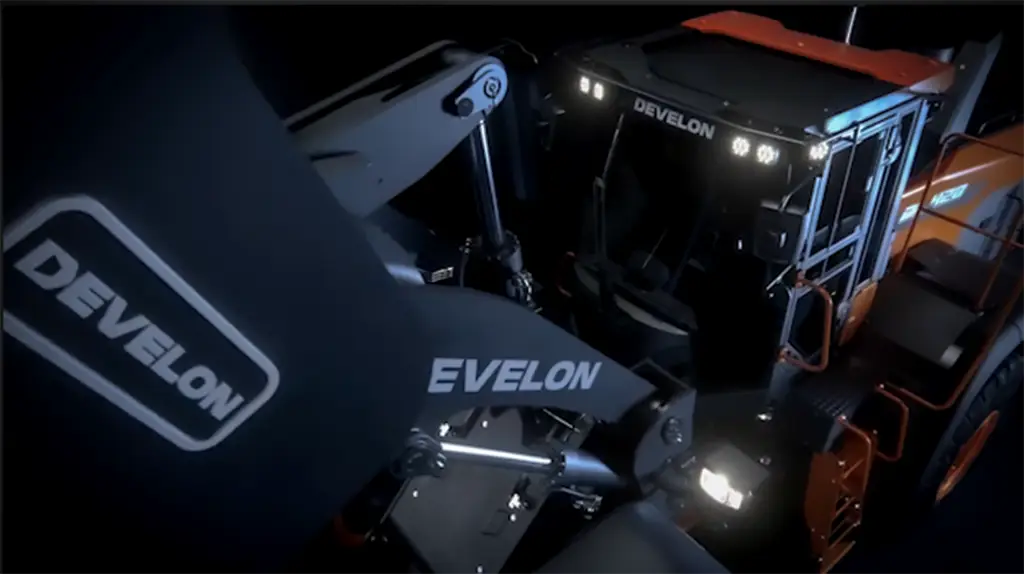Operating earthmoving equipment requires skill, precision, and a strong commitment to safety. New operators, however, often make critical mistakes that can lead to inefficiencies, equipment damage, or even dangerous accidents. Earth moving machines are powerful and complex, demanding not only technical knowledge but also an understanding of best operational practices.
A lack of experience, inadequate training, and ignoring safety measures can create serious risks on a job site. In addition, many new operators may overestimate their abilities, leading to errors in judgment that can result in costly damages or delays. In this article, we’ll highlight some of the most common errors made by rookie operators and provide expert advice on how to avoid them. Whether you’re just starting out or managing a team of operators, understanding these pitfalls is essential to maintaining a safe and productive work environment.
Skipping Proper Machine Warm-Up
One of the biggest mistakes new operators make is failing to warm up the earth moving equipment properly before use. Earthmoving equipment consists of complex hydraulic and mechanical systems that need time to reach optimal operating conditions.
How to Avoid It:
- Always follow the manufacturer’s guidelines for warm-up procedures.
- Allow the engine to run at idle for a few minutes to ensure proper lubrication and hydraulic fluid circulation.
- Check for warning lights or unusual noises before engaging the machine.
Overloading the Equipment
New operators often underestimate the importance of weight limits, pushing their machines beyond their capacity. Overloading can cause severe damage to hydraulic components, tracks, and even structural parts of the equipment.
How to Avoid It:
- Familiarise yourself with the equipment’s load limits as stated in the manual.
- Use a load scale or tracking system when available.
- Always distribute weight evenly to prevent tipping hazards.
Incorrect Terrain Assessment
Operating on uneven, soft, or slippery terrain without proper assessment can lead to equipment instability, stuck vehicles, or rollovers.
How to Avoid It:
- Always inspect the worksite before starting any operation.
- Identify potential hazards such as loose soil, water-logged areas, or steep slopes.
- Adjust operating techniques accordingly, such as lowering the bucket when navigating steep inclines.
Neglecting Maintenance Checks
Routine maintenance is crucial for keeping earthmoving equipment in top condition. Many new operators assume the machine is always ready to go and skip essential pre- and post-operation checks.
How to Avoid It:
- Perform daily inspections, checking fluid levels, tire pressure, and hydraulic lines.
- Report and address any signs of damage, wear and tear immediately.
- Follow the manufacturer’s maintenance schedule for oil changes, filter replacements, and other servicing needs.
Poor Understanding of Machine Controls
Jumping into an unfamiliar machine without understanding its controls is a recipe for inefficiency and accidents. Each type of earthmoving equipment has its own control layout and operational quirks.
How to Avoid It:
- Spend time reviewing the equipment’s user manual.
- Practice in a controlled environment before operating in a high-risk work zone.
Ignoring Safety Protocols
New operators often overlook essential safety measures, such as wearing the correct protective gear, securing loads properly, or maintaining a safe distance from other workers and machinery.
How to Avoid It:
- Always wear proper PPE (Personal Protective Equipment) including hard hats, gloves, and safety boots.
- Follow job-site safety rules and communicate with coworkers using standard hand signals or radios.
- Never operate machinery without seatbelts and other safety restraints.
Excessive Speed and Aggressive Operation
Many rookie operators believe that working faster increases productivity, but excessive speed can lead to loss of control, machine damage, and workplace accidents.
How to Avoid It:
- Operate at a safe and controlled pace, especially when maneuvering around tight spaces.
- Avoid sudden stops, starts, or sharp turns that could destabilize the equipment.
- Always be mindful of ground conditions that may affect traction and stability.
Lack of Communication with Team Members
Clear communication is crucial on a construction site, yet many new operators fail to coordinate with their team members effectively. This can lead to costly mistakes and safety hazards.
How to Avoid It:
- Use radios, hand signals, or other designated communication methods.
- Always confirm instructions before proceeding with a task.
- Be aware of blind spots and ensure workers stay out of high-risk zones.
Not Adjusting to Weather Conditions
Rain, snow, fog, and extreme heat can all impact the performance and safety of earthmoving equipment. Failing to adjust operations for changing weather conditions can lead to dangerous situations.
How to Avoid It:
- Slow down and increase awareness during adverse weather conditions.
- Use proper attachments, such as snow chains or blade extensions, when necessary.
- Be extra cautious when working on wet or frozen surfaces.
Inadequate Training and Certification
A lack of proper training is perhaps the most significant mistake a new operator can make. Without proper certification and hands-on training, operators risk making dangerous errors.
How to Avoid It:
- Enroll in formal training programs provided by equipment manufacturers or industry organizations.
- Obtain the necessary certifications before operating heavy machinery.
- Engage in continuous learning to stay updated on new techniques and technologies.
Preparation is key
New earthmoving equipment operators face a steep learning curve, but by being aware of common mistakes and taking proactive measures, they can improve efficiency and safety on the job site. Following best practices in machine handling, maintenance, communication, and safety protocols will not only prevent accidents but also extend the lifespan of the equipment and enhance overall productivity. Whether you are a beginner or a site manager looking to train new employees, this guide serves as a crucial resource for ensuring smooth operations on any earthmoving project.

